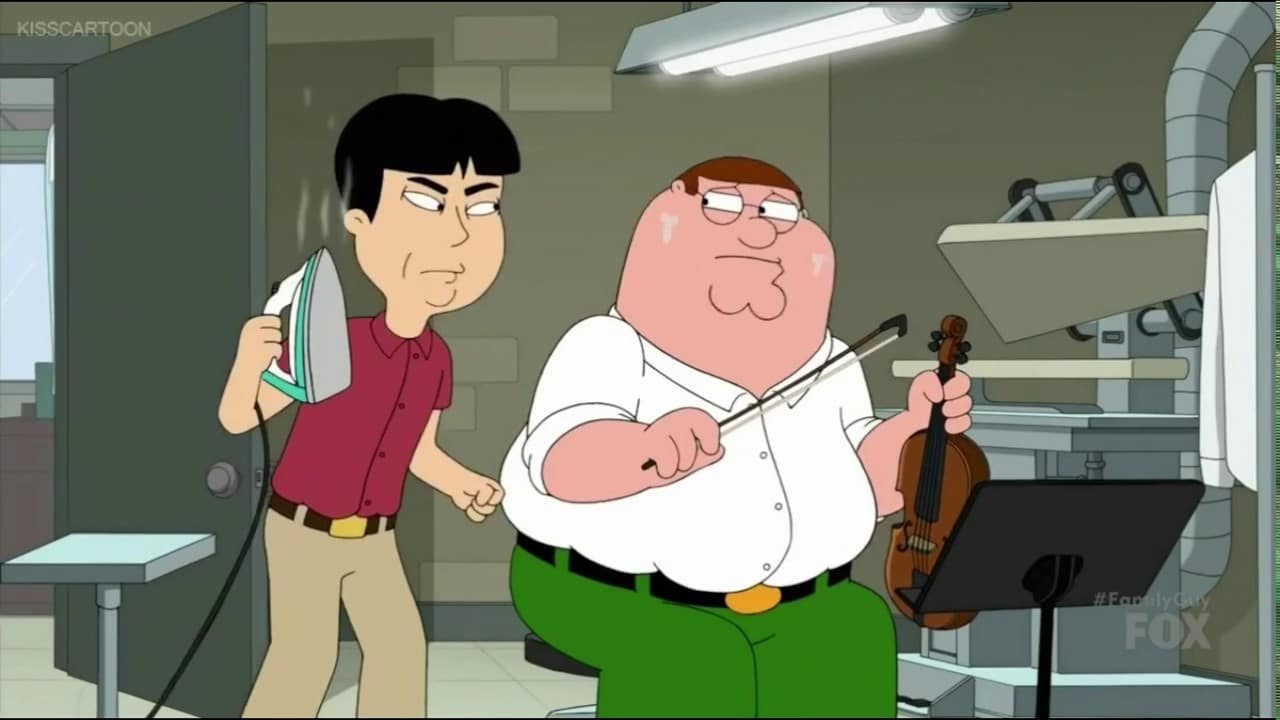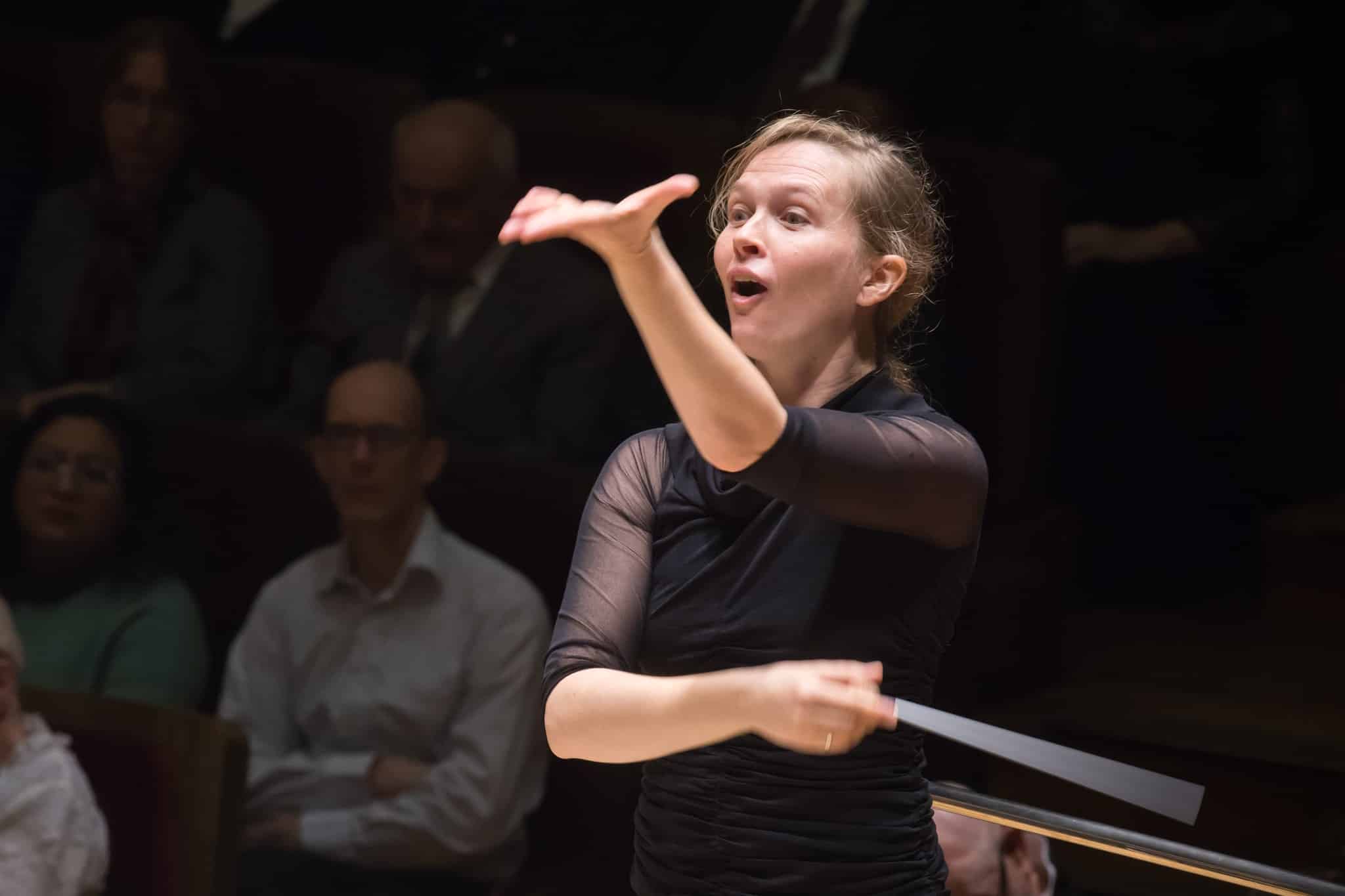The unbearable ambivalence of a violin player
mainMore truth here than you’d expect.


The leading Mexican conductor Enrique Batiz died yesterday…

Message from the Munich Philharmonic: This week we…

We hear that two string players in the…

A long time ago I was advised that…

Session expired
Please log in again. The login page will open in a new tab. After logging in you can close it and return to this page.
Comments